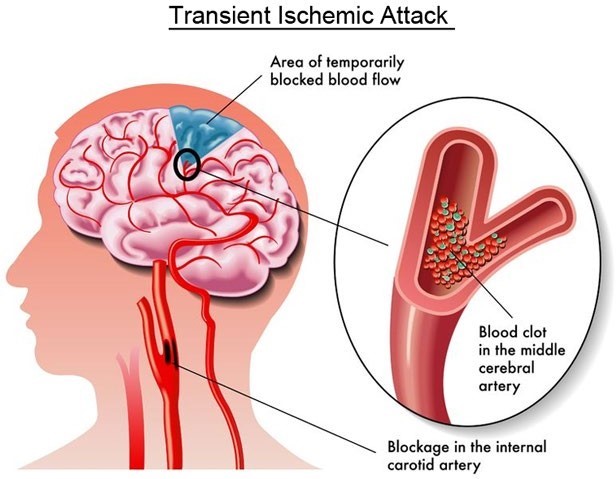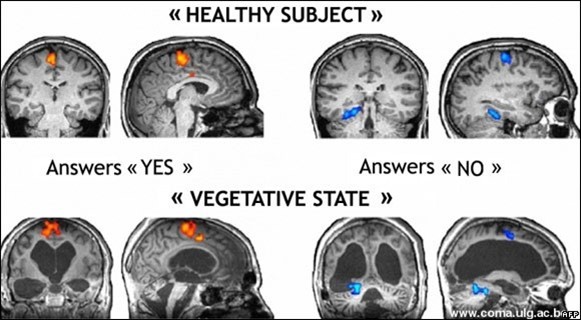What sign/symptom of a patient would cause the nurse to suspect cerebral spinal fluid leakage?
Altered level of consciousness
Painful headache
Salty taste in their mouth, postnasal drip or clear fluid draining from the nose
All of the above
The Correct Answer is C
Choice A: Altered level of consciousness is not a sign/symptom of cerebral spinal fluid leakage, but rather a sign/symptom of increased intracranial pressure or brain injury.
Choice B: Painful headache is not a sign/symptom of cerebral spinal fluid leakage, but rather a sign/symptom of meningitis or sinusitis.
Choice C: Salty taste in their mouth, postnasal drip or clear fluid draining from the nose is a sign/symptom of cerebral spinal fluid leakage, as it indicates that the fluid is escaping from the brain or spinal cord through a tear or hole in the meninges or skull.
Choice D: All of the above is not correct, as only choice C is a sign/symptom of cerebral spinal fluid leakage.
Nursing Test Bank
Naxlex Comprehensive Predictor Exams
Related Questions
Correct Answer is C
Explanation
Choice A: CVA is a temporary neurologic deficit and a TIA is more long-term deficit is not correct, as it reverses the definitions of CVA and TIA.
Choice B: There is no difference is not correct, as there are significant differences between CVA and TIA in terms of duration, severity, and prognosis.
Choice C: TIA is a temporary neurologic deficit and a CVA is more long-term deficit is correct, as it accurately describes the difference between CVA and TIA. A TIA is a brief episode of neurologic dysfunction caused by focal brain ischemia that resolves within 24 hours, while a CVA is a permanent or lasting damage to brain tissue caused by ischemia or hemorrhage.
Choice D: CVA results from temporary impairment of blood flow and TIA is long-term impairment is not correct, as it reverses the causes of CVA and TIA.

Correct Answer is B
Explanation
Choice A: Unconsciousness, unarousable unresponsiveness is not a description of persistent vegetative state, but rather a description of coma, as it is a state of complete loss of consciousness and reflexes caused by severe brain injury.
Choice B: Devoid of cognitive function but has sleep-wake cycles is a description of persistent vegetative state, as it is a state of minimal awareness and responsiveness caused by widespread brain damage.
Choice C: Inability to move or respond except for eye movements due to a lesion affecting the pons is not a description of persistent vegetative state, but rather a description of locked-in syndrome, as it is a state of complete paralysis and preserved consciousness caused by damage to the brainstem.
Choice D: Unresponsiveness to the environment, makes no movement or sound but sometimes opens eyes is not a description of persistent vegetative state, but rather a description of akinetic mutism, as it is a state of severe apathy and reduced motor activity caused by damage to the frontal lobes or basal ganglia.

Whether you are a student looking to ace your exams or a practicing nurse seeking to enhance your expertise , our nursing education contents will empower you with the confidence and competence to make a difference in the lives of patients and become a respected leader in the healthcare field.
Visit Naxlex, invest in your future and unlock endless possibilities with our unparalleled nursing education contents today
Report Wrong Answer on the Current Question
Do you disagree with the answer? If yes, what is your expected answer? Explain.
Kindly be descriptive with the issue you are facing.
